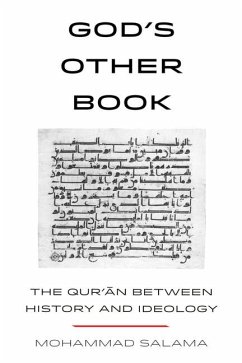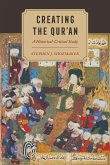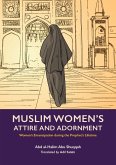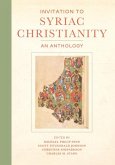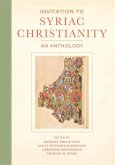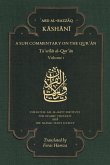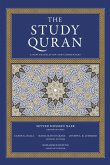"This book is bold, timely, and uncompromising, demanding to be read carefully for its erudite argument. Through ample evidence, a reimagined interpretive frame, and analytical acumen, Salama offers insights into the irony of Western scholarship on the Qurʼān: its effort to draw the Muslim scripture into a late antique landscape overlooks reading practices sensitive to the text's agency and indigeneity."--Asad Q. Ahmed, Magistretti Distinguished Professor of Middle Eastern Languages and Cultures at University of California, Berkeley "The field of Qur'anic studies has been dominated by arguments for contextualizing the Qur'an within the broader milieu of Late Antiquity with some scholars making the case that its origin lies outside of the Arabian Peninsula. In this erudite and powerfully argued book, Salama makes an important intervention in Qur'anic studies, challenging these paradigms and asserting the unquestionable, but too often overlooked, 'Arabicity' of the Qur'an. Importantly, he argues that one can only properly understand the Qur'an--and the powerful effect it had among its first audience--through a full appreciation of pre-Islamic poetry and the culture it bears witness to."--Maria M. Dakake, Associate Professor of Religious Studies, George Mason University "Salama has made an important contribution to our understanding of Qur'an Studies and its development over the past century across several countries. This book's erudite yet accessible nature has a larger theoretical perspective that points scholars to where the field needs to go."--Peter Gran, Professor of Middle East History, Temple University "A timely intervention in the field of Qur'anic Studies. Salama's book investigates the unsaid in the academic study of the Qur'an and the assumptions and their consequences. As the first post-colonial analysis of the field from a specialist in the history of Arabic literature, this book will become a standard work on the study of the Qur'an."--Walid A. Saleh, Professor in the Department for the Study of Religion, University of Toronto "In showing why the Qurʼān must be seen as an authentically Arabian and truly revolutionary literary accomplishment, Salama provides a welcome corrective to Euro-American Qurʼānic studies. A milestone in the field."--Stefan Sperl, Professor Emeritus of Arabic and Middle Eastern Studies at SOAS, University of London "In God's Other Book, Mohammad Salama offers a spirited polemic against current Euro-American Qurʾānic studies. After a critique of the ideology and methods of recent scholarship on the Qurʾān within the broad expanse of the Late Antique, Salama calls for the (re)integration of Qur'ānic studies into the intimate linguistic and cultural ground of Early Arabic poetry."--Suzanne Pinckney Stetkevych, Sultan Qaboos bin Said Professor of Arabic and Islamic Studies, Georgetown University
Hinweis: Dieser Artikel kann nur an eine deutsche Lieferadresse ausgeliefert werden.
Hinweis: Dieser Artikel kann nur an eine deutsche Lieferadresse ausgeliefert werden.

